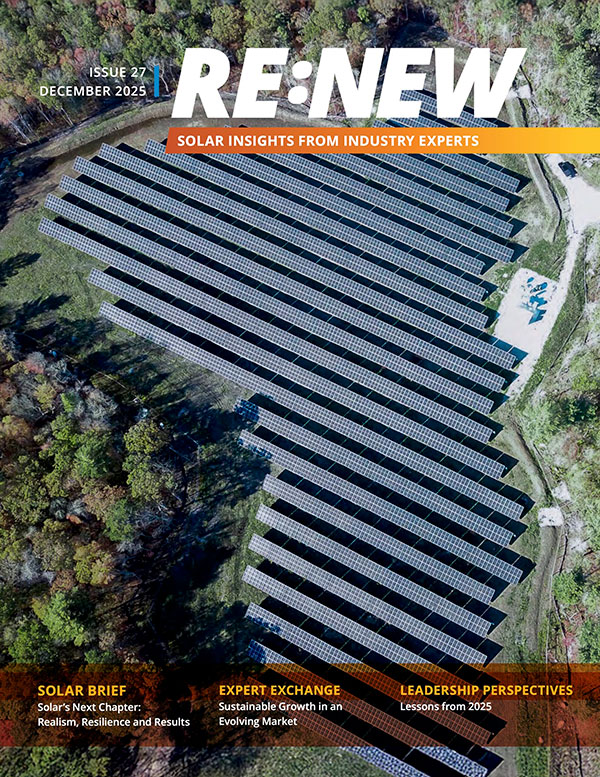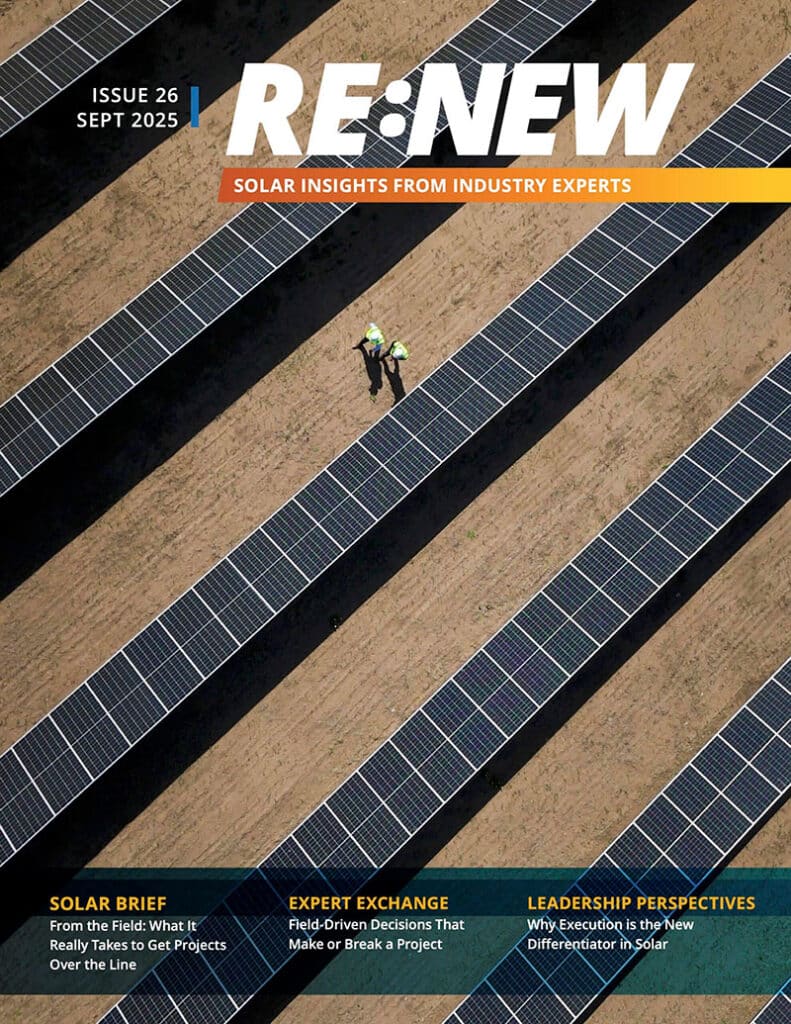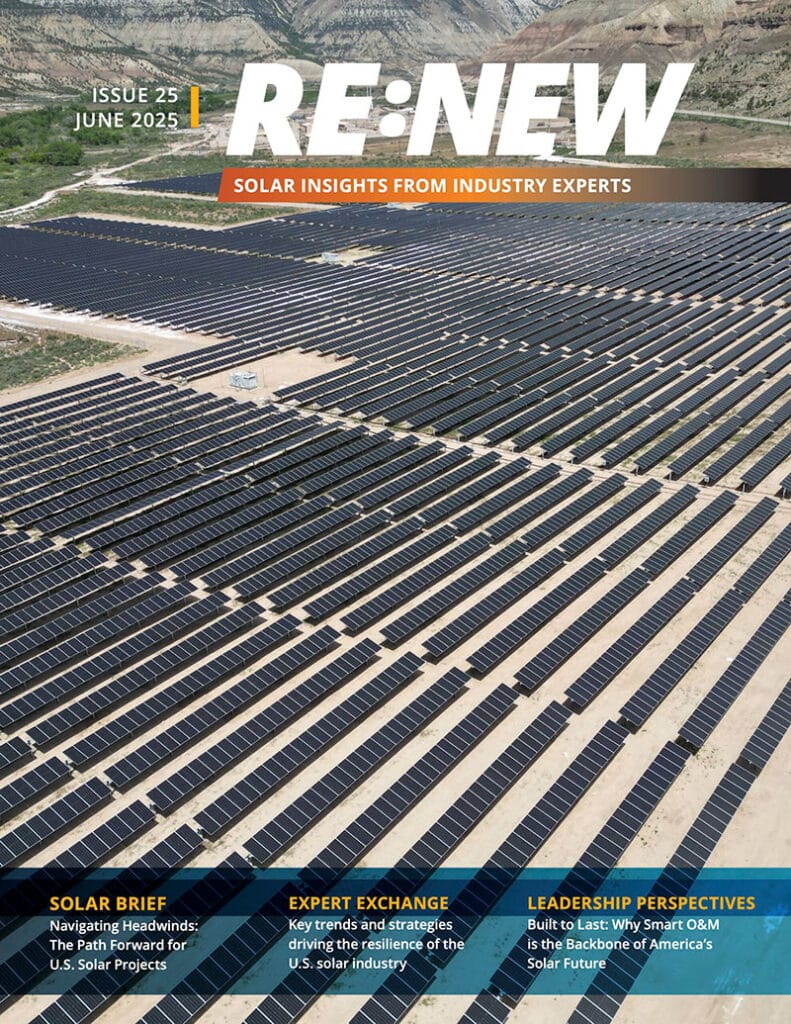Jobs. Jobs. Jobs.
It’s the most common mantra you hear from governors across the country as they do their best to provide employment for their citizens. And, increasingly, the ability to provide renewable-energy resources to power their businesses drives corporate decisions about where to locate and grow their businesses.
The tricky part is figuring out how to help these businesses achieve what they want while providing them effective utility-rate structures and providing similar access for their employees and customers.
But thanks to innovative utilities like Dominion Energy, those sticky issues may be becoming easier to navigate.
Its role in luring Facebook’s latest data center to the state is being increasingly recognized. To help the state land the center, Dominion created a special rate class for the social media giant. Called Schedule RF, it would allow Facebook to pay a voluntary extra fee (subject to negotiation) to have its power supplied by renewable energy—in this case, the $250 million in solar farms surrounding the facility that Dominion has committed to building. The proposed 300 MW in solar farms are being funded by the voluntary fees.
To qualify for Schedule RF, businesses must bring new electrical load and agree to purchase environmental attributes from renewable energy sources as defined by Virginia law—exactly what Facebook has done.
So what did Dominion’s ingenious rate proposal bring to Virginia? Well, reports say Facebook has told state officials that it plans to build two buildings, over almost 1 million square feet, for nearly $1 billion. It has also kicked off a series of new renewable and energy efficiency legislation in the Virginia Assembly that, when passed, will serve to further advance high demand in-state renewable generation.
And that’s just the investment in the physical plant. That doesn’t even account for the jobs created during construction of the facility and solar farms, nor does it count the number of permanent jobs Facebook’s presence will create both directly and indirectly.
And Facebook was the third corporation with whom Dominion partnered to bring more solar to the Commonwealth.
Two years ago, the utility cut a deal with Amazon to build 180 MW of more solar to supply its web-services headquarters located in the state. And just before Facebook’s commitment, Google decided to build in Virginia in part because of Dominion’s commitment to solar. Corporate leaders are recognizing the value of expanding to and in Virginia, and the ability to include renewable solar generation as part of that expansion is an added benefit that will influence their economic decision-making process.
As the Solar Energy Industries Association reports each year in their Solar Means Business report, more corporations each year are setting ambitious renewable energy goals. So utilities that embrace instead of obstruct renewable energy will give their states an enormous advantage in bringing large businesses, and the jobs they represent, to states.
Furthermore, prices for utility-scale solar farms continue to deliver value beyond conventional generation with reliability. That’s why visionaries like Dominion are seizing the opportunity to build the large solar installations that make executives like those at Facebook sit up and take notice. Other states could—and frankly should—examine what Dominion is doing in Virginia and try to do it in their states.
After all, big businesses are watching to see if you can provide them with the solar they crave. How you behave could mean the difference between landing a job-creating corporation—or watching them select somewhere else to call home.
More Recent Blog Posts
Unlocking Student Imagination with Solar Energy
January 20, 2026
Greg Libecci, Energy Advisor, Generation180 · 4 min read
Delivering on Our Promise: 2025 in Review
December 11, 2025
Scott Wiater · 3 min read
How Student Health Unlocks School Energy Projects
December 3, 2025
Standard Solar · 4 min read
The Remarkable Growth of Community Solar in the District of Columbia
October 22, 2025
Standard Solar · 2 min read





Share